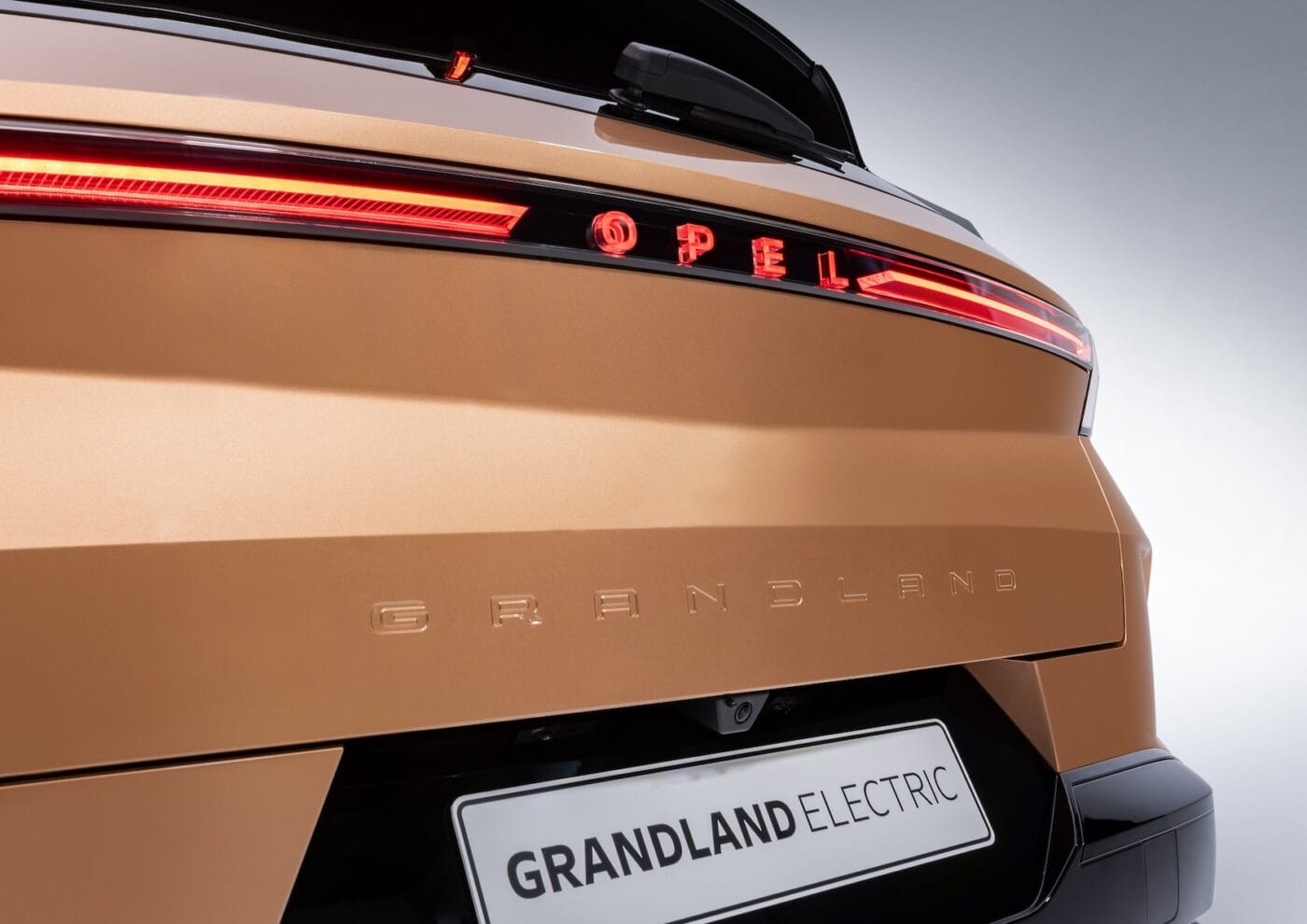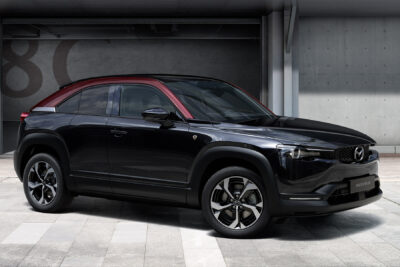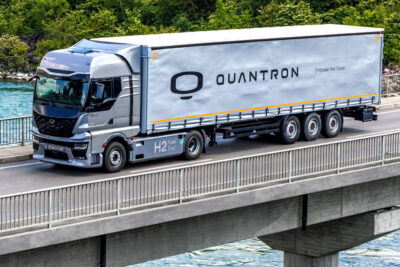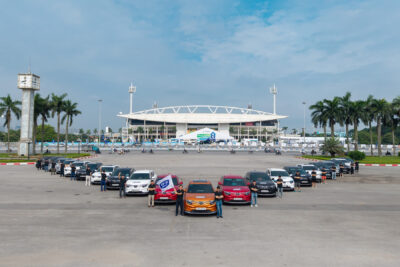Opel drops 2028 all-electric target
At a time when many carmakers expected rapid electrification of the industry and set correspondingly ambitious EV targets, Opel said it would sell only battery-electric cars in Europe from 2028. Some Stellantis brands had set even earlier dates, others two or three years later. With the group’s technical base and production capacity, 2028 seemed realistic.
Now, however, Opel has scrapped that target and will continue to produce combustion engines. The company told German media that it based the decision on current customer demand.
“We are currently reviewing our plans and adapting them to the new conditions,” a spokesperson told elektroauto-news.net. “Everyone in the industry knows that electrification is not progressing at the same pace in all markets.”
Nevertheless, Opel remains confident that this is only a delay to the full-electric transition, not a cancellation. There is “clear movement on the demand side,” the spokesperson added. But it is not fast enough to complete the switch by 2028. Stellantis had already scaled back its hydrogen ambitions in response to market conditions.
The EV target, first announced in 2021 by then Opel CEO Michael Lohscheller and later reaffirmed by his successor Florian Huettl, has now been softened as the company points to flexibility. “We benefit from the flexibility our strategy offers in procurement and in our plants. This does not have to be limited to 2028 if demand dictates otherwise, but we are firmly committed to decarbonising our company and our product portfolio,” the spokesperson said.
According to Opel, flexibility is also needed due to the uneven pace of electrification across European markets. Demand for the brand’s EVs is relatively weak in Spain and Italy, while France and the UK (where Opel is active as Vauxhall) are described as “positive examples.” In Germany, the company welcomes that government measures “set some things in motion.”
All Opel models are based on Stellantis’ multi-energy platforms. Some are still derived from older combustion platforms later adapted for electric drive – such as the e-CMP underpinning the Corsa Electric and Mokka Electric. Increasingly, though, Opel uses platforms designed from the outset for multiple drivetrains, such as the Grandland Electric based on STLA Medium. Every Opel model is now available with a battery-electric variant, but also with combustion engines or as hybrids. The carmaker does not yet offer a model on a dedicated EV-only platform. As a result, the cars cannot fully exploit some of the advantages of pure EV architectures – such as interior space – but Opel gains flexibility in producing different drivetrains.
Opel is not expected to release any new EVs this year. The focus has been on the market launch of the Grandland Electric and the Frontera Electric, the latter of which is available for under €30,000. In 2027, the next-generation Corsa is due, moving from the e-CMP to the STLA Small. And in 2028, the next-generation Astra is expected to debut, also based on the STLA Medium, like the Grandland Electric.
elektroauto-news.net, wiwo.de, autohaus.de (all in German)
This article was first published by Sebastian Schaal for electrive’s German edition.





1 Comment